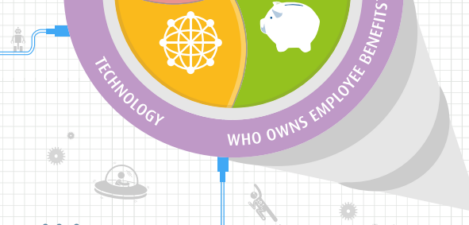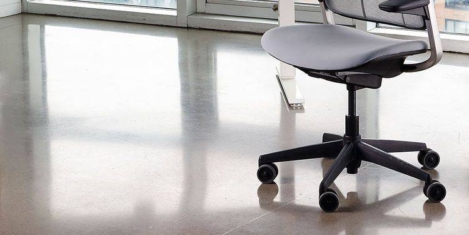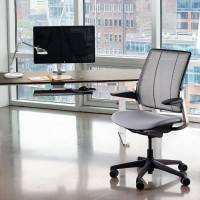September 22, 2015
The worldwide demographic timebomb is transforming the workplace 0
 There are a number of reasons why we shouldn’t be drawn into blindly accepting the narrative about Generation Y’s impact on the workplace. It seems the most important is also the least talked about. It is that the workforce is actually ageing in the world’s leading economies. While it may be true that 27 is middle -aged for employees at technology companies, for pretty much everybody else, shifting demographics, longer lives, improving health, falling pensions and changing personal preferences are likely to mean they stay in the workforce for longer. This is true in both the UK and US, where Millennials may make up the largest demographic grouping in the workplace but are still in a minority within an increasingly diverse workforce. The dynamics of these changes are playing out in different ways in different countries, but the forces are essentially universal.
There are a number of reasons why we shouldn’t be drawn into blindly accepting the narrative about Generation Y’s impact on the workplace. It seems the most important is also the least talked about. It is that the workforce is actually ageing in the world’s leading economies. While it may be true that 27 is middle -aged for employees at technology companies, for pretty much everybody else, shifting demographics, longer lives, improving health, falling pensions and changing personal preferences are likely to mean they stay in the workforce for longer. This is true in both the UK and US, where Millennials may make up the largest demographic grouping in the workplace but are still in a minority within an increasingly diverse workforce. The dynamics of these changes are playing out in different ways in different countries, but the forces are essentially universal.








 The allure of London for Generation Y appears to be fading, according to
The allure of London for Generation Y appears to be fading, according to 
 One of the most typical claims that suppliers in this sector make about their products is that they will make people more productive at work. Many go so far as to put numbers on what this means, and usually not just 0.4 percent or whatever but something far more. We can understand why they do this because they are seeking to link workplace productivity to whatever it is they have to sell. This is often tenuous for at least two reasons. The first is that even when such a causal link is demonstrably true, it still assumes that all other things at work are equal, whereas they never are because there are so many factors involved. That is why you will find some people cheerfully working in shabby, cluttered, underlit offices while others mope around unhappily in gilded cages with expensive chairs, soaring daylit atria and olive groves. The second is that such claims simply ignore what makes people tick.
One of the most typical claims that suppliers in this sector make about their products is that they will make people more productive at work. Many go so far as to put numbers on what this means, and usually not just 0.4 percent or whatever but something far more. We can understand why they do this because they are seeking to link workplace productivity to whatever it is they have to sell. This is often tenuous for at least two reasons. The first is that even when such a causal link is demonstrably true, it still assumes that all other things at work are equal, whereas they never are because there are so many factors involved. That is why you will find some people cheerfully working in shabby, cluttered, underlit offices while others mope around unhappily in gilded cages with expensive chairs, soaring daylit atria and olive groves. The second is that such claims simply ignore what makes people tick.




















September 18, 2015
What Robert Frost can teach us about the changing workplace
by Mark Eltringham • Comment, Facilities management, Flexible working, Technology
More →